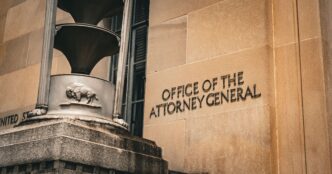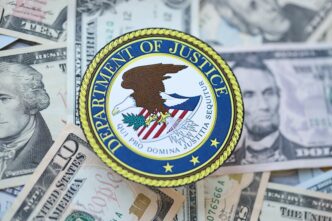In response to concerns over a potential measles outbreak in Hawaii, the state Department of Health has implemented a 120-day emergency rule suspending religious exemptions for the MMR (measles, mumps, and rubella) vaccine. This measure is aimed at increasing vaccination rates to achieve “herd immunity” against the highly contagious disease. The full text of the emergency rule will be available on the Department of Health’s official page for administrative rules.
Under this emergency rule, students with existing religious exemptions can receive the MMR vaccination without forfeiting their exemptions for other vaccines. This change addresses previous regulations where obtaining the MMR vaccine could result in the loss of a religious exemption. Children who do not receive the MMR vaccine will be excluded from school in accordance with Hawaii Administrative Rules, which mandate exclusion during an outbreak or epidemic of any communicable disease for which immunization is required.
Historically, students with religious exemptions have been excluded from school if they were exposed to a confirmed measles case. In such circumstances, the Department of Health collaborates with schools to verify the vaccination status of exposed individuals. Students and staff lacking immunity evidence, including those with religious exemptions who have not received the MMR vaccine, will be excluded until the risk of contraction has passed.
There is significant variation in immunization record-keeping compliance among Hawaii schools. Statewide, approximately 21% of enrolled students lacked up-to-date immunization records during the 2023-2024 school year. However, some schools reported over 60% of students with incomplete records. The “Total Not Up to Date” category includes students with religious or medical exemptions, those without immunization records on file, or those missing required vaccinations.
Understanding the Impact
The suspension of religious exemptions for the MMR vaccine highlights the tension between public health priorities and individual rights. For parents, this rule may necessitate reconsideration of vaccination decisions, especially in light of school exclusion policies during outbreaks. The emergency rule aims to mitigate the spread of measles and protect both students and the broader community.
For schools, ensuring compliance with immunization requirements presents logistical challenges, particularly for those with high percentages of incomplete records. Schools must enhance their record-keeping practices and collaborate closely with health authorities to monitor and respond to potential measles exposures effectively. These efforts are crucial to maintaining a safe educational environment and preventing disruptions to students’ learning experiences.






